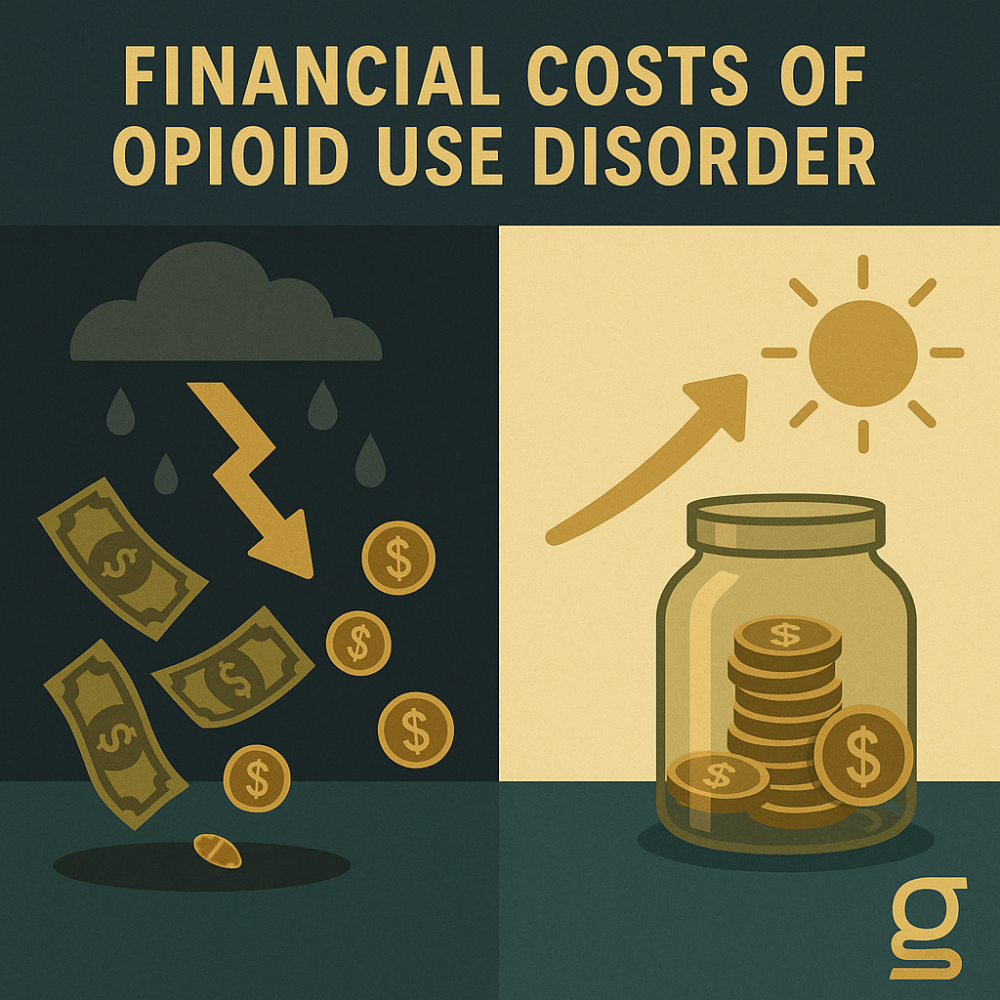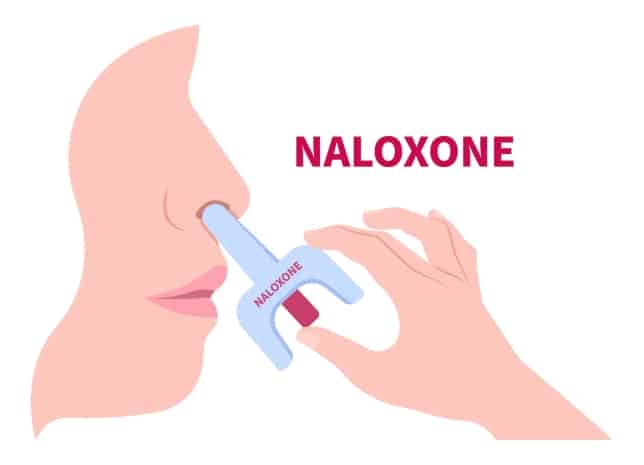Some life experiences may be traumatic. Even if those traumatic events are one-offs or time-limited — such as an adverse childhood experience, a car accident, sexual assault, natural disasters, violence, or even a pandemic — the person directly experiencing the event may develop post-traumatic stress disorder (PTSD).
PTSD may occur when a person has experienced a significant traumatic event in which they may fear that their life or others’ lives are in danger. People who have PTSD may have a hard time forgetting the event, and regularly feel stressed or frightened — even when they are not in danger.
PTSD is more common than you might think, and there is a relationship between PTSD and substance use disorder. Some key facts to know about PTSD are:
- About 7 or 8 out of every 100 people (or 7-8% of the population) will have PTSD at some point in their lives
- About 8 million adults have PTSD during a given year. This is only a small portion of those who have gone through a trauma
- About 10 of every 100 women (or 10%) develop PTSD sometime in their lives, compared with about 4 of every 100 men (or 4%)
Source: National Institute of Mental Health & US Department of Veteran Affairs
Not everyone who experiences trauma will experience PTSD; some may develop complex PTSD (also referred to as complex trauma).
What is Complex PTSD?
In short, the difference between complex trauma and PTSD is that PTSD is typically one severe event and complex trauma occurs after a series of traumatic events over a prolonged period of time.
According to The National Center for PTSD, the types of trauma that are associated with complex trauma include — but is not limited to — long-term domestic abuse, adverse childhood experiences over a prolonged time, trafficking, and multiple military deployments to dangerous locations.
Even though 92 percent of those with complex trauma meet the diagnostic criteria for PTSD, some also exhibit additional symptoms which affect their self-concept and how they deal with stressful events.
Steve Carleton, Clinical Director at Gallus Medical Detox, explains:
“PTSD is more easily understood because it is usually a sudden and dramatic shift in mental health clearly resulting from a precipitating trauma. Complex trauma is the result of ongoing chaos and adversities throughout a person’s life. There was not one clear and obvious trauma or period of a person’s life that caused a dramatic shift.”
Carleton states: “People struggling with complex trauma had to adapt and develop survival mechanisms to fit their environment that may not be in line with dominant culture and societal norms. In turn, their different reactions and way of relating to the world can cause a host of other effects and consequences. The one thing I might argue is that those struggling with complex trauma feel alone and isolated in the world.”
Classic symptoms of complex trauma include experiencing difficulties with:
- Emotional regulation
- Consciousness
- Self-perception
- Distorted perceptions of the perpetrator
- Relations with others
- One’s system of meanings
Source: US Department of Veteran Affairs
The amount of discomfort, both psychologically and physically, can lead people to use substances to escape. Chronic use of drugs and alcohol can cause the person to become dependent and potentially develop substance use disorder. This is why mental health and substance use disorder providers must be trauma-informed — understanding the relationship between trauma, mental illness, and substance use disorder.
How to Spot Trauma in Patients With Substance Use Disorder
Carleton explains that it is not always obvious to spot complex trauma in a person with substance use disorder, because it doesn’t look the same for everyone. “What is the same is what maintains symptoms of trauma: avoidance and stuck thinking,” he says.
“Avoidance is the most common and natural response when humans feel pain or discomfort. We are all programmed to resist threats, physical or emotional. With modern day comforts, humans no longer have as many daily physical threats as compared to our ancestors, but we are still hard wired to avoid in order to survive.”
Substance use, early on in its progression to addiction, can feel like a solution to someone struggling with the effects of trauma. However, the incendiary nature of addiction leads to a vast array of consequences. Stuck thinking, on the other hand, prevents people from recovering from trauma.
“Our brain constantly makes efforts to protect us and give us a sense that we are in control. After a trauma, sometimes our brain will send us unhelpful messages to regain a sense of safety. ‘It was my fault’ being at the top of this list. The majority of the time this is not so, and causes problems downstream but this, too, is hardwired in humans. The all too unfounded idea that, ‘If it was my fault, then at least I can keep it from happening again.’ It can feel unsafe for someone in the early days after a trauma to struggle with the idea that there might not have been anything different they could have done to prevent it,” explains Carleton.
How to Approach Trauma Recovery
We need to be more willing to listen and share stories, says Carleton. “I believe that, as a community and society, we all need to be more willing to listen and share stories about trauma and other painful experiences. We watch movies about fictitious characters experiencing harrowing events, and at the same time never hear about traumas our friends or family members may have experienced.”
Carleton recommends letting people know that you are willing to listen, and that you don’t have all the answers or need a masters degree to be willing to listen. Although he does warn where there are instances it may be inappropriate, but on the whole he encourages this dialogue.
“There is no evidence to suggest that a person sharing their trauma story, when they are ready (don’t push), will cause them long term harm. Quite the opposite, when they find a provider or person willing to walk beside them,” says Carleton.


 Steve B
Steve B 
